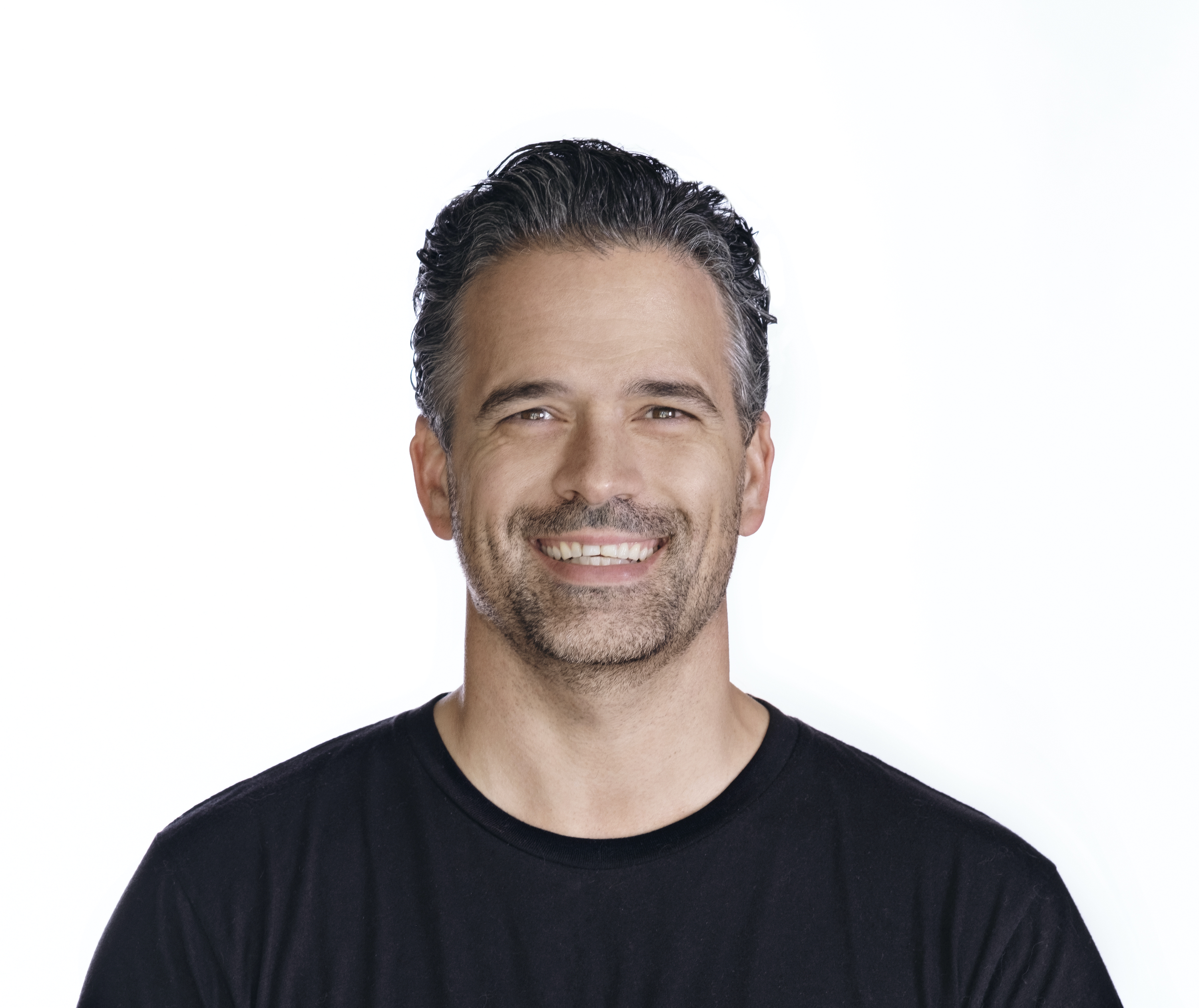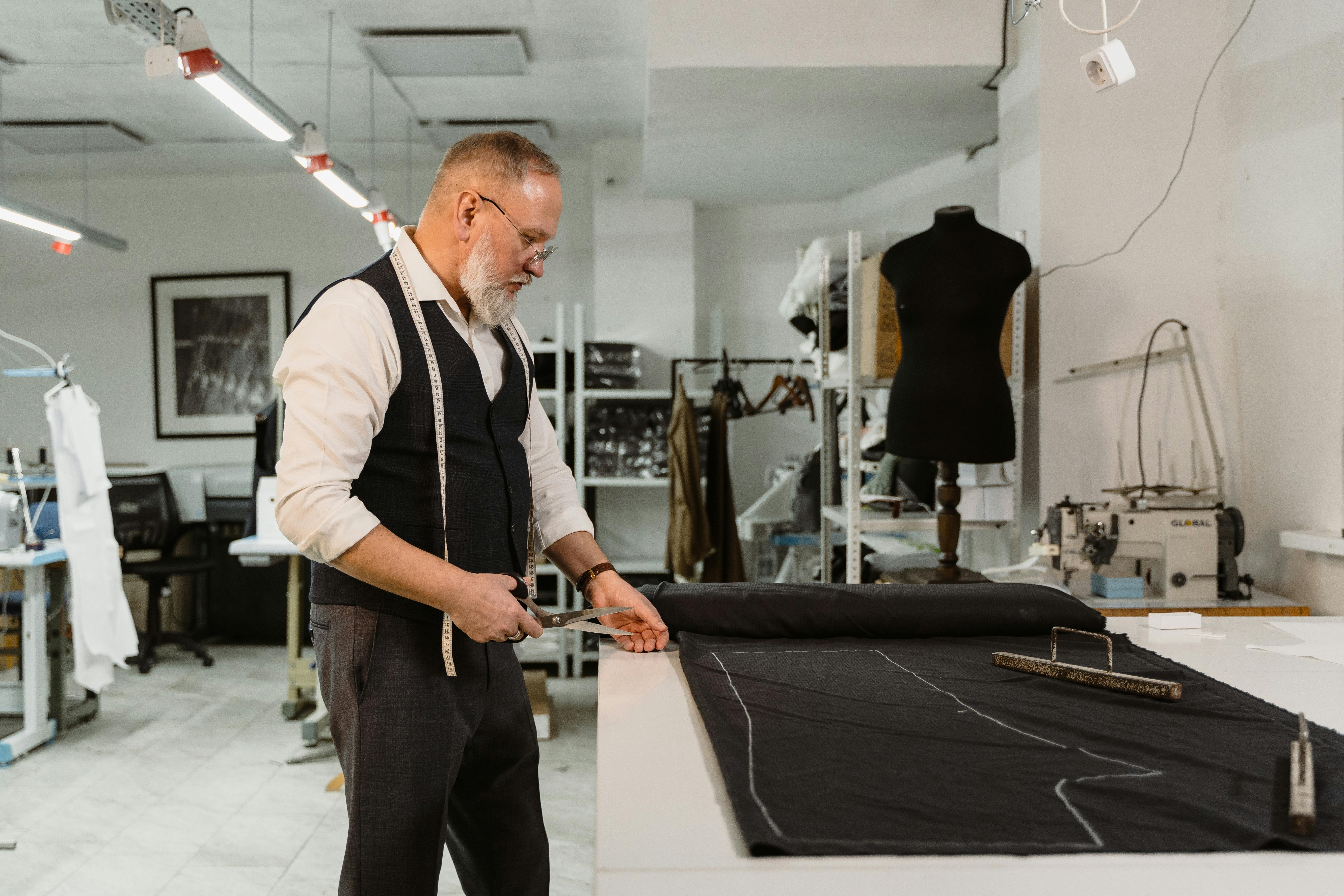Why “Believe in Yourself” Misses the Point

Jesse Wisnewski


Professional Development
“Believe in yourself.”
That phrase gets tossed around like it’s the answer to everything.
Feeling stuck? Believe in yourself.
Starting something new? Believe in yourself.
Want to do something big? You guessed it: believe in yourself.
But let’s be honest. That kind of advice might give you a short burst of motivation, but it won’t carry you through the tough days. It doesn’t help when failure hits. It doesn’t tell you what to do when doubt creeps in during a quiet evening and you start wondering if you’ve got what it takes.
“Believe in yourself” sounds inspiring until life reminds you how hard it can get.
Then what?
The Problem With Self-Belief
“Believe in yourself” sounds noble. It’s what people say when life gets hard. And yes, courage and persistence matter.
But where does that belief come from?
Most of the time, self-belief is about trusting your gut. It means leaning on your instincts, your intentions, or a sense that you have what it takes. But those things can change.
What happens when you fail? When your instincts are off? When your confidence fades?
That is when self-belief starts to crack. It might give you a spark, but it cannot carry you through a storm. It cannot give you peace when your plans fall apart or when the outcome is out of your hands.
We need something stronger. Something outside of ourselves.
That is why the Bible warns us, “Cursed is the man who trusts in man and makes flesh his strength” (Jeremiah 17:5). Trusting in yourself might feel empowering in the moment, but it eventually leaves you empty.
Scripture calls us to something better. “Trust in the Lord forever, for the Lord God is an everlasting rock” (Isaiah 26:4). That is not soft religion. It is the kind of strength that holds when everything else starts to shift.
Martin Luther put it this way: “Faith is a living, daring confidence in God’s grace, so sure and certain that a man could stake his life on it a thousand times.”
Self-belief might help you start. But only faith in Christ will help you stand.
What To Do Instead: Trust God. Do the Work.
If “believe in yourself” leads to shaky confidence, what should you do instead?
Shift your focus from self-reliance to God-dependence. Then take clear, faithful action.
Lasting confidence doesn’t come from self-talk. It comes from showing up. From doing the work. From trusting God with the results.
Here’s what that looks like in real life.
1. Look Up, Not In
Your strength doesn’t come from what's inside of you. It comes from the One who made you.
Psalm 118:8 says, “It is better to take refuge in the Lord than to trust in man.”
This is not a call to passivity. It’s not about waiting around for God to fix things while we do nothing. Instead, it invites us to a different kind of strength—a life anchored in God’s character, not human ability.
The psalmist knew what it meant to be surrounded by trouble. He didn’t pretend everything was fine. He cried out, faced opposition, and took action. But through it all, his hope was in the Lord, not in himself or other people.
At this point, you might ask, “If I don’t believe in myself, who will?” But that’s the wrong question. The better one is, “Whom do I trust when I don’t feel strong?”
God’s faithfulness is greater than your feelings. Confidence grows when you know you are held, not when you pretend you have it all together. You still need to show up, but now, with humility and hope.
2. Build Evidence-Based Confidence
Confidence isn’t found. It is forged.
It grows through repeated, faithful action. You start with what you have. You take the next step. You learn. You recover. And you keep going.
Over time, you begin to trust not your potential, but the God who sustains you through each small step.
This isn’t about faking it until you make it. It’s about building real strength through effort, obedience, and slow, steady growth.
David didn’t face Goliath with optimism. He stepped forward with scars from past battles and a memory of God's past faithfulness (1 Samuel 17:34–37). That isn’t bravado. That is biblical confidence.
You might think, “But if I don’t believe I can do it, I’ll never start.” The truth is, you don’t need full confidence to begin. You just need enough faith to take one step. The process builds the confidence you don’t have yet. That’s how growth works. That’s how trust is built.
This is also where I’d offer a response to something James Clear once said: “The biggest difference I’ve noticed between successful and unsuccessful people isn’t intelligence or opportunity or resources. It’s the belief that they can make their goals happen.”
That sounds true at first. But the real difference runs deeper.
The belief he describes isn’t blind optimism. It’s the result of showing up consistently. That kind of confidence grows over time through action, not imagination. Success doesn’t come from willing it into existence. It comes from doing the work, learning from failure, and stewarding your gifts with steady discipline.
For the Christian, this kind of confidence goes further. It doesn’t end in self-trust. It leads us to trust in the One who gives both the gifts and the growth. Confidence, then, becomes less about believing in yourself and more about walking faithfully with the God who holds your future.
3. Replace False Beliefs With God’s Truth
Many professionals live by old stories: words from childhood, past disappointments, or past wins. Some of those stories might serve you. Others hold you back.
Tony Robbins teaches that most of us live by beliefs formed early in life, often unconsciously. His advice? Replace limiting beliefs with empowering ones. That’s a helpful insight. But it doesn’t go far enough.
The goal isn’t just to swap negative thoughts for positive ones. The goal is to align what you believe with what is true. Romans 12:2 calls us to be transformed by the renewing of our minds, not by mindset hacks, but by the Word of God.
Scripture reminds us that we are not alone. We are not self-made. We are called, equipped, and sustained by grace. This changes how you lead, how you handle pressure, and how you move forward when you feel unsure.
Maybe you’re thinking, “But I’ve believed certain things about myself for years. Can that really change?”
Yes, but not by trying harder to think better thoughts. Change begins with renewing your mind in Scripture. God’s truth reshapes your view of your identity, your work, and your purpose. You don’t need to fake strength. You need to walk in truth.
You Don’t Need to Believe in Yourself
You don’t need to believe in yourself.
You need to trust the One who made you.
You need to do the work.
You need to build a life that is tested, not just talked about.
And when you do, you will find something stronger than self-esteem.
You will find the kind of confidence that walks into difficult situations—head up, eyes open—not because you think you’re invincible, but because you know who holds your steps.
That is not arrogance. That is faith with calloused hands.
And it’s far better than believing in yourself.












